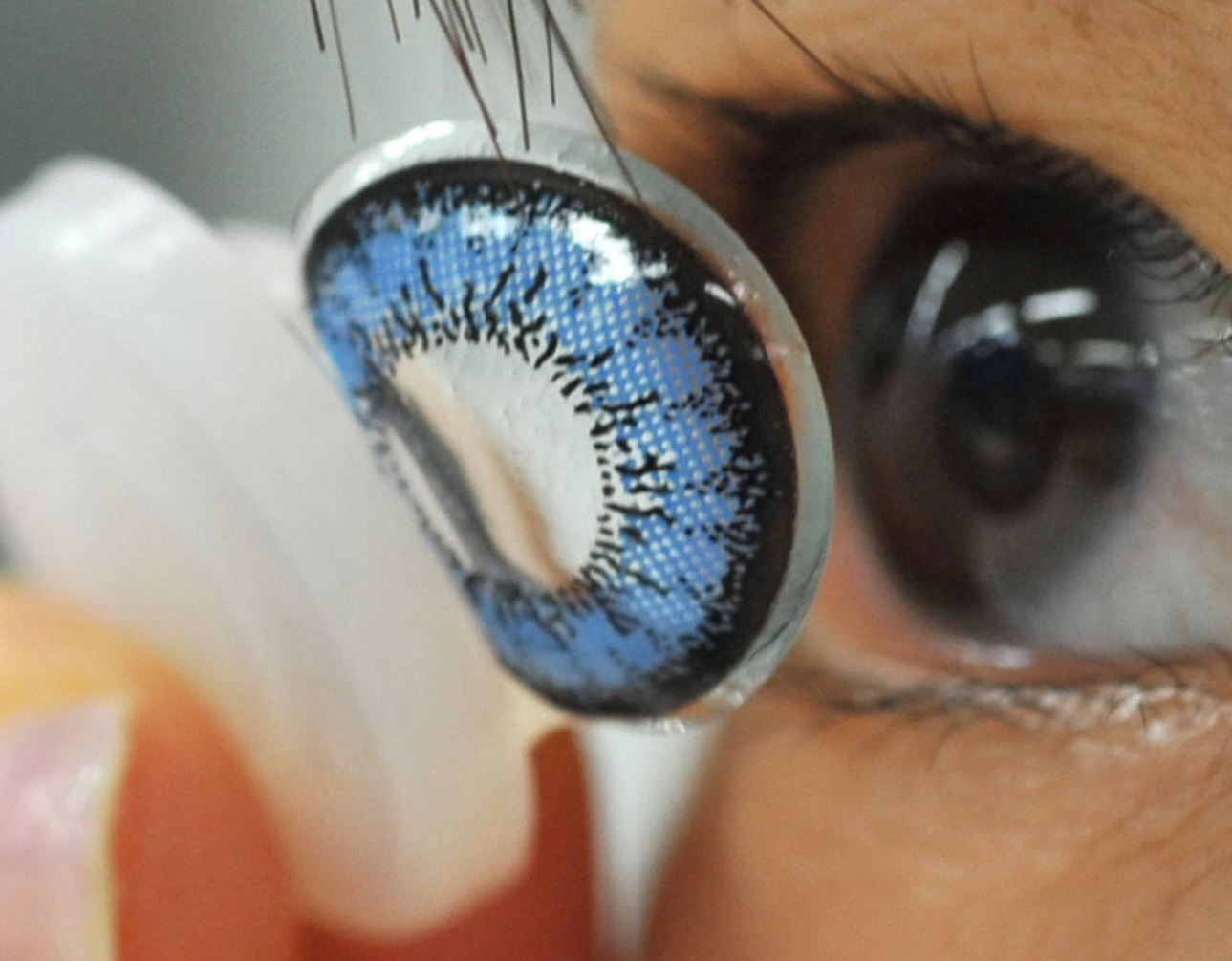
Most of the patients confuse an eye exam with an eye test although there is a huge difference between the two. An eye test is just a sight test that describes a refraction to determine the lens power using automated machinery & combination of computerised tests. It is not done by a licensed & trained professional. On the other hand; an optometrist can examine, diagnose, treat & take measures to prevent eye infections and diseases besides checking the prescription for an eyewear. As per FDA, every individual must undergo a comprehensive eye exam at least once a year unless they notice any abnormality or ocular discomfort.
What does an Eye Exam Include?
A thorough eye exam is recommended whether you are making a switch from glasses to contact lenses or vice versa. Even if you wear cosmetic contact lenses you must obtain a valid prescription from your optometrist. The test he will perform is to examine general eye health than describing the mere refraction. Not everyone can safely wear contact lenses. Since they sit directly on your eyes, there are a number of factors such as tear film composition etc that influence contact lens tolerance. Only your eye doctor will be able to judge whether or not contact lenses are good for your eyes.
Why cannot I Buy Prescription Eyewear on the Basis of Eye Test?
First and foremost sight tests are not comprehensive. The accuracy is affected by several factors such as eye muscle coordination, eye fixation, alignment, pupil size, corneal or lens irregularities, patient movement and attention etc. Vision tests is also influenced by instrument myopia that occurs only when looking through such devices that leads to over focus. This results in an inaccurate measurement of refraction. On the other hand a comprehensive eye exam rule out the possibility of underlying eye infections & disorders that are completely over looked in a vision test. Since vision tests does not examine eyes, it fails to detect serious eye conditions that may grow into permanent vision loss as they advance.
A comprehensive eye exam includes the following:
Glaucoma: Glaucoma is a serious and progressive eye condition that if left untreated may lead to permanent vision loss. It is caused by elevated pressure with in the eye. It damages optic nerve that carries visual information to brain.
High Blood Pressure: It can lead to stroke & heart attack. Early detection may help in prevention & better treatment
Tumors: It also detects growth of cancerous or benign tumors in eye & in brain
Diabetes Retinopathy: It is characterized by formation of tiny blood vessels in the retina due to ruptured vessels and blood leakage. If left untreated it can lead to permanent blindness.
Retinal detachment: In some patients, retina detaches itself from the back of the eye thus stops working. As a result, retina loses its ability to process light & image formation is compromised. Due to retinal peeling, partial vision loss occurs. If left neglected, severe and permanent blindness will prevail.
A complete eye exam is imperative to one’s preventive health care. A doctor of optometry uses his extensive training & professional experience to test your eyes & interpret the findings. A comprehensive eye exam does not only allow to correct your refractive index error but also check your eyes for glaucoma, cataracts, diabetes, neurological problems, high blood pressure & macular degeneration. Therefore, an eye exam is necessary once a year whether or not you wear prescription eye wear. Request your eye doctor to provide you prescription in written so that you could buy your prescription contact lenses online or the store of your choice.


